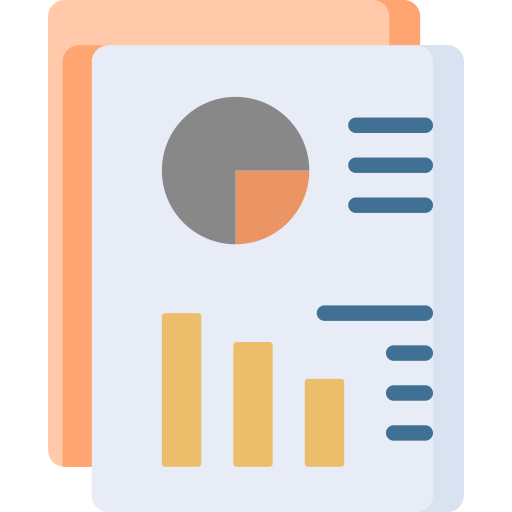Call Now: (+61) 416-195-006
Introduction
The rapid development in technology, increasing competition and ever changing consumer needs and preferences has increased the importance of sate and information. The use of adequate and relevant data and information enables businesses to make effective decisions and enable them to achieve competitive advantage. The decision makers at strategic and management levels require faster access to recent, accurate and comprehensive data about their products, customers, possible demands for products and market segments in order to make business decisions that can have a long term positive impact on the business and overall profits. Decision Support Systems (DSS) is one of the concepts developed during 1980s that further evolved over the years and involved using computer support for decision making. DSS is an interactive flexible and adaptable computer based information system, which utilizes the decision models, rules and model base integrated with comprehensive database along with decision makers own insight that can lead to specific and implementable decisions in problem solving. The system helps decision makers to address the structured or unstructured business problems. Business Intelligence (BI) is another tool, which enables companies to capture data from different sources and empower the users to analyze it from multiple dimensions. BI refers to a process of utilizing tools and applying techniques to collect and analyze data from multiple sources and create knowledge that contributes towards making effective decision in different aspects of the business. The key objective of BI tools is to convert different types of data from different sources into meaningful and valuable information, which is very crucial for businesses. This report analyzes the significance of business intelligence and/or decision support systems mainly for retail organizations and its impact on the performance of the businesses.
Research Objectives
- To study the importance of BI and DSS for organizations
- To analyze the impact of BI and DSS on the performance of the retail organizations
- To determine the challenges in adopting BI or DSS tools techniques by retail organizations
- To study the organizational factors that influence effective use of BI or DSS systems in the retail organizations
Rationale for the Study
There is an increasing gap between capacity of the organizations to market and implement strategies and accelerating complexity of markets. Many organizations are not able to cope with increasing market complexity due to market fragmentation and rapid change in consumer requirements and expectations. Retail industry is one of the dynamic industries with increased competition and faces the challenges of ever changing consumer demands. The increasing complexity in meeting consumer demands and changing market conditions is due to the internet usage. The explosion of data due to internet usage, social media, shifting consumer demographics and expansion of channels used to access the end users has led to increased challenges for the organizations and its growth. Digital revolution in marketing and society has created increased challenges for firms. Internet has become the most important marketplaces for goods and service transactions. Use of internet and social media sites has empowered the consumers to make right choices about the products and services based on the ratings and reviews given by consumers who have already used the products and services. Some research findings show that more than 90% of all consumers go through online reviews before buying products and around 67% of all purchases of goods are done bases on ser-generated content. Social media and other tools on internet provide increased customer insights and are new and important sources of information that provide information on consumer shopping behavior, decision making and post purchase behavior. Thus, increased access to information to end users has created increased challenges for the organizations as consumers make purchases based on different information available to them. Increased access to information for the customers makes marketing process for retailers quiet challenging for the organizations as they need to consider different aspects to achieve customer satisfaction and achieve sustainability since customers already have adequate knowledge about their products and services. BI plays an important role in overcoming marketing and business growth challenges by enabling organizations to collect and integrate data from different sources and summarize it in a manner that it not just helps in enhancing the marketing strategies but also improve performance of various business operations. 5 It enables the decision makers to make timely, accurate and relevant decisions that can lead to increase in productivity and profitability by targeting the right consumers at right time and offering the right product or service. There is a need for project analysis of importance of BI for retail organizations to understand the returns it can provide against investment on BI tools.
As organizations work towards gaining advantage through deep understanding of challenging relationship between the business environment and retail organization, the predictive models and in-depth reporting tools contribute significantly in making decisions. It helps in analyzing data and develop a fact-based understanding, which adds to the experience and intuition leading to effective decision making and increased competitive advantage. The study analyzes the challenges in adopting BI or DSS and also identifies organizational factors that can positively influence the retail business performance, which is essential to determine what conditions are essential for successful adoption of BI or DSS by an organization. The lack of effective understanding of the use and application of BI or DSS can lead to financial and business loss, which can be avoided by understanding its effectiveness and impact on business performance.

Chat with our Experts
Want to contact us directly? No Problem. We are always here for you
